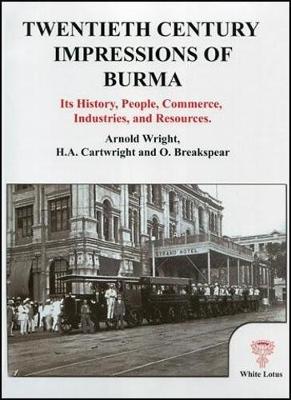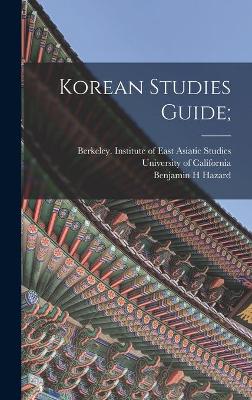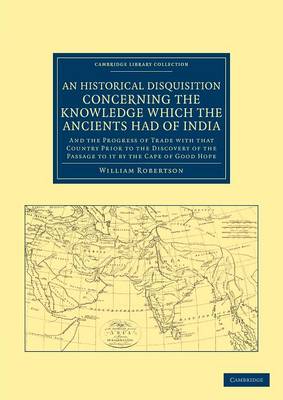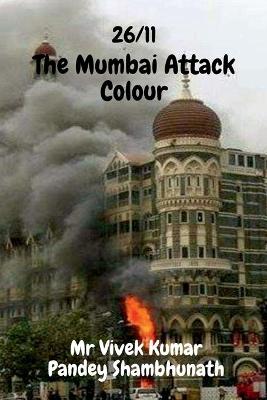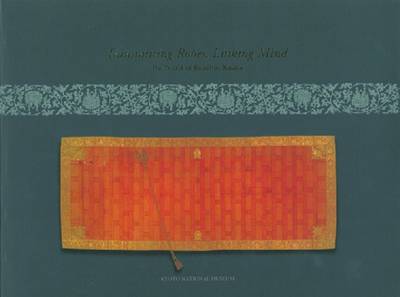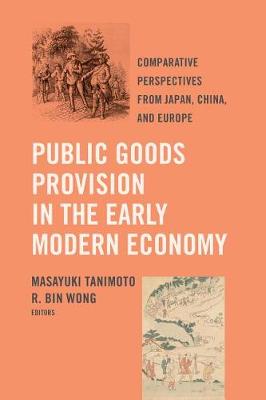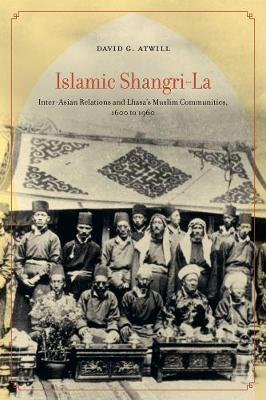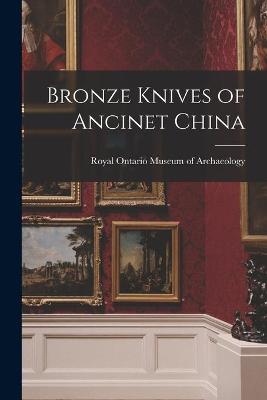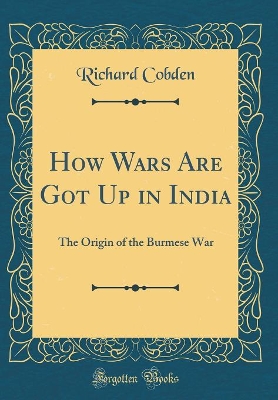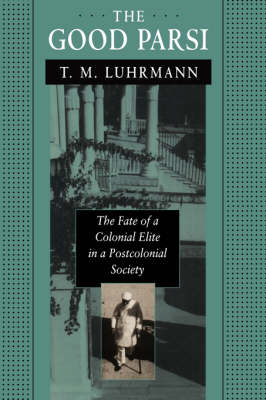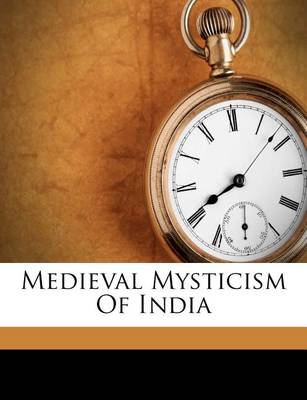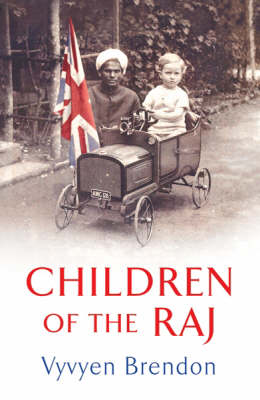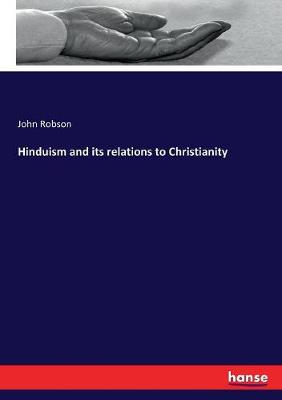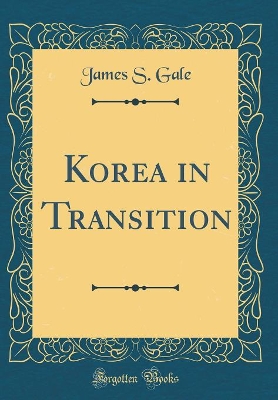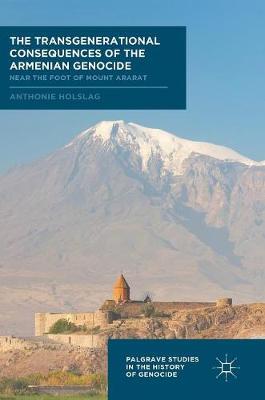Buddhism under Mao shows what kind of a problem Buddhism presented to the Chinese Communists and how they solved it. Relying largely on materials from the Mainland press, Holmes Welch has made what is probably the most detailed study so far available of the fate of a world religion in a Communist country. He describes how Buddhist institutions were controlled, protected, utilized, and suppressed; and explains why the larger needs of foreign and domestic policy dictated the Communists' approach t...
Lettres Edifiantes Et Curieuses, Ecrites Des Missions Etrangeres, Vol. 7
by Charles Le Gobien
William Robertson (1721-93), Principal of the University of Edinburgh and historiographer to His Majesty for Scotland, published this work in 1791. Already famous for a History of Scotland, which went into many editions, and a History of America, Robertson aimed to synthesise all earlier western accounts of the subcontinent from classical times to the sixteenth century. Beginning with a consideration of the practical difficulties facing explorers from Europe and Africa who headed east, Robertson...
Administration of the Mughal Empire
Transmitting Robes, Linking Minds
Historically, for sustaining and reproducing their economic lives, people have obtained goods and services through various ways. How did people tackle issues that the market did not handle well? This volume compares early modern efforts to provide ?public goods??defined in contraposition to market-mediated goods and goods provided through personal relations, such as kinship ties. We examine poverty and famine relief, infrastructure building, and forestry management in East Asia and Europe, using...
"Islamic Shangri-La transports readers into the heart of the Himalayas by tracing the rise of the Tibetan Muslim (Khache) community from the early 17th century to the present. Over the past four centuries, the Tibetan Muslims advised several Dalai Lamas, contributed to Tibetan music and literature, and engaged in transregional trade with many of Tibet?s neighbors. Deftly blending contemporary media accounts and interviews with archival documents, this book brings the frustrations and hopes of Ti...
In this well-crafted study of the relationships between the state and its borderlands, Leo Shin traces the roots of China's modern ethnic configurations to the Ming dynasty (1368-1644). Challenging the traditional view that China's expansion was primarily an exercise of incorporation and assimilation, Shin argues that as the centre extended its reach to the wild and inaccessible south, the political interests of the state, the economic needs of the settlers, and the imaginations of the cultural...
During the Raj, one group stands out as having prospered and thrived because of British rule: the Parsis. Driven out of Persia into India a thousand years ago, the Zoroastrian people adopted the manners, dress, and aspirations of their British colonizers, and their Anglophilic activities ranged from cricket to Oxford to tea. The British were fulsome in their praise of the Parsis and rewarded them with high-level financial, mercantile, and bureaucratic posts. The Parsis dominated Bombay for more...
Vyvyen Brendon's evocative, at times heart-tugging book, runs from the 18th century and the East India Company, through the Afghan wars, the Indian mutiny and the more settled era of the Queen Empress, and culminates in the conflict leading to Britain's hurried exit in 1947. Its subject is the young progeny of traders, soldiers, civil servants, missionaries, planters, engineers and what should be done with them. Until the coming of air travel these children often only saw their parents every fe...
Wu Tse-T'Ien and the Politics of Legitimation in T'Ang China (Studies in Ministry and Parish Life)
by R.W.L. Guisso
This book brings together the Armenian Genocide process and its transgenerational outcome, which are often juxtaposed in existing scholarship, to ask how the Armenian Genocide is conceptualized and placed within diasporic communities. Taking a dual approach to answer this question, Anthonie Holslag studies the cultural expression of violence during the genocidal process itself, and in the aftermath for the victims. By using this approach, this book allows us to see comparatively how genocide in...
![Cover of Diary and Consultation Book ... [serial]; 1716](https://images.bookhype.com/covers/f9/78/94cbabdb-3572-4de0-b118-a8d34dea879f/9781013400179-fdb806338062f1e63a064a.jpg)
